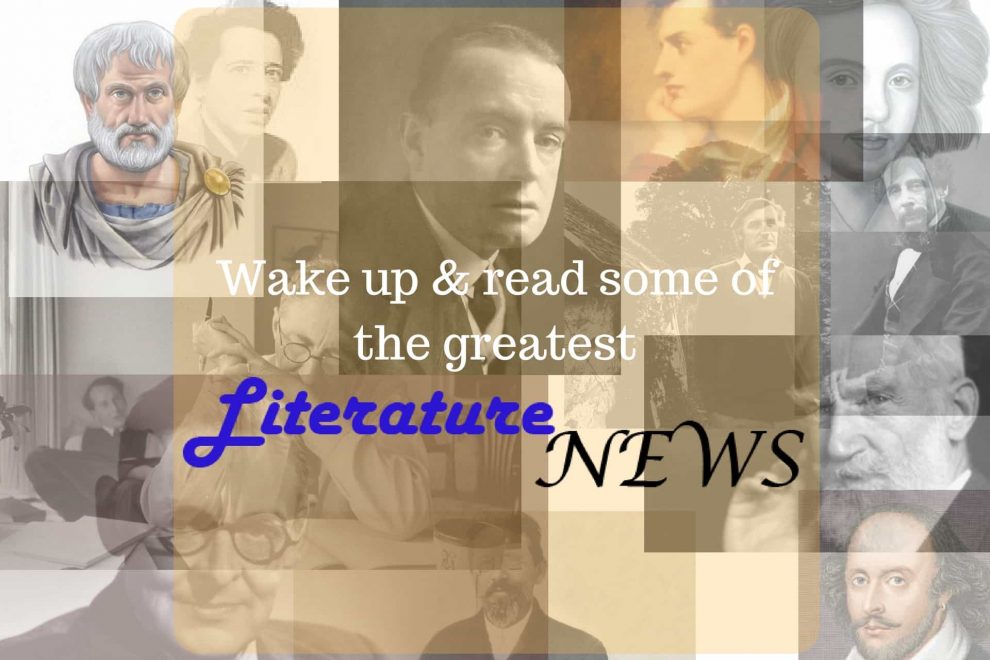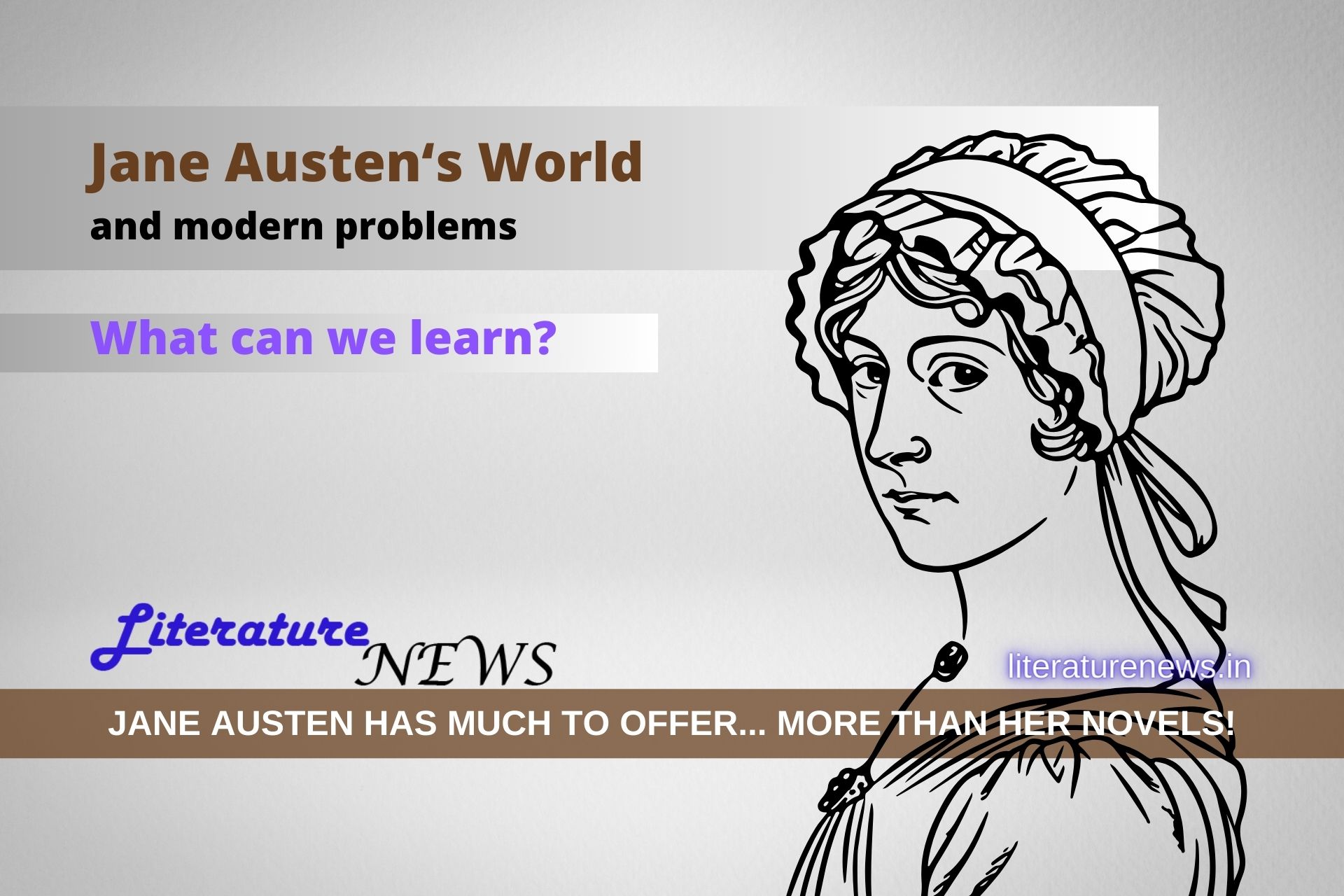Scholars of British Literature might well consume many gallons of oil in their lamps of intellect while describing to the public how wonderful the poetry of William Wordsworth is. It is, indeed, wonderful and amazing. Readers love reading The Prelude, one of the longest poems ever written in any language. Readers react positively to the works by Wordsworth in general. So do the critics. So do the recorders of the history of English literature. The poetry of Wordsworth is generally appreciated because it exhibited humanity, love for human causes, freedom, expressions, emotions and the beauty of life on the earth. Wordsworth also decorated the prestigious position of the poet laureate of England for several years, 1843-1850. It was during the reign of Queen Victoria. Sure? Yes! Did Wordsworth know the problems England had and the problems England caused to others? Yes. Did he still accept to become the poet laureate and ‘serve’ the queen? Yes.
It is quite ironic, observing in the retrospect, that the English poets of the so-called romantic age were so fascinated by the French revolution. They wrote about it, preached about the fundamentals of life, equality and fraternity, and, the most important one, liberty. However, when the time came, Wordsworth had no issues accepting the grant of the Queen and serve the ‘monarch’ with everything else going on casually. It may show many things to many people but it certainly makes one thing clear that poetry was only a ‘spontaneous overflow of powerful feelings’ and nothing more. And, truly, it makes quite a bad impression when tested in reality.
Wordsworth’s poetry has shown the way forward – accepting the presence of nature around us and realising it as a friend, mother, father and affectionate being. On the other hand, at the same time, he ignored the massive breach of basic human necessity and also the deforestation and industrialisation, en masse. Though it can be defended with many arguments and otherwise, there shows a lack of consistency on the part of the poet himself. He did not practise and preach the same thing.
Stripping the Irish people of their rights and freedom was on one side and eulogising the French revolution was on another. However, both went casually normal with the poet and he continued being the poet laureate for many years. And it is the same for all the poets of the English nation – whether it was Tennyson or Spenser, Arnold or Southey, Shakespeare or Cowper. There were a few exceptions as well. However, they were too exceptional and too rare…
By a contributor for Literature News






Add Comment